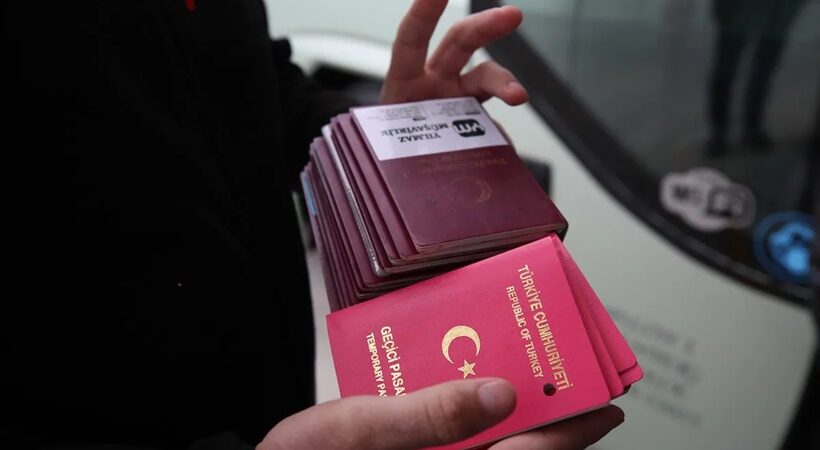The Turkish government has implemented a plan, on 22 February 2022, to restrict the foreign population in districts throughout the country. It will be up to a maximum of 25 per cent, with Syrians reportedly being the primary target of the scheme.
It was stated that families who got separated or people in need of health care will be exempted from this.
The term foreigners particularly referred to Syrians, both refugees who have fled the ongoing Syrian conflict and economic migrants who have recently moved to Turkey due to the economic crisis in Syria.
Activists have expressed their outrage at the plan as they fear that it will further lead to racism in Turkish society.
There is also a concern that the plan would be used to target refugees and asylum seekers. Organizations that support refugees say that it could encourage local politicians in districts to charge higher prices from foreigners for basic essentials such as water and electricity. It can force Syrian and Afghan refugees in Turkey to move elsewhere as well.
The director of the Ankara-based NGO, Earth Is Home International Solidarity Association, Burcak Sel Tufekci, stated that “The plan to impose quotas on the refugees is a demonstration of the deadlock faced by the government, whose support is sliding due to the economic crises.”
According to Turkey’s immigration authority, the plan was imposed after a young Turkish man got stabbed by Syrian refugees during clashes in Ankara’s Altindag district last year.
Following riots and the destruction of Syrian businesses in that area, the government relocated over 4,500 of the district’s Syrian refugees and closed 177 Syrian-owned businesses there.
“Ever since the brawl between the Syrian refugees and the locals, many Syrians have been relocated in Ankara. We now know that this is a nationwide plan and possibly more steps to come for the refugees as elections approach,” Tufekci said.
Some people have stated that it will worsen the anti-refugee sentiment that has taken hold throughout Turkish society over the past few years.
Still, the government insists that it should be implemented to reduce and ease tensions in the country by managing the demographic distribution.
Turkey’s General Directorate of Migration Management has claimed that all relocations and resettlements have been conducted on a “voluntary basis”, although many activists are concerned that this may not be the case.
Turkey’s Interior Minister, Suleyman Soylu, announced that the government has closed areas in 16 provinces, which includes districts in major cities like Ankara, Istanbul, and Izmir, to new foreign residents so far, stating that “If the number of foreigners in a neighbourhood exceeds 25 per cent, we will send them to other neighbourhoods.”
The scheme is part of the government’s Dilution Plan, which aims to prevent the “ghettoization” of neighbourhoods by limiting the number of foreigners who live in them.



















